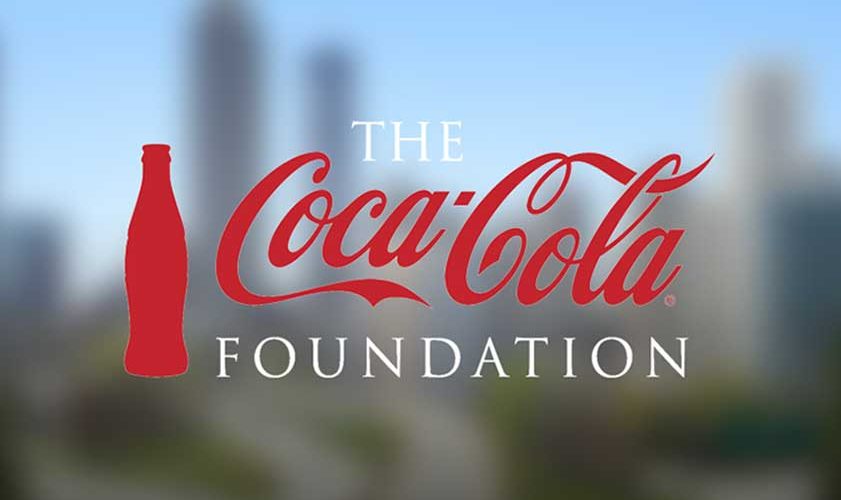Nestlé and Ashoka have today invited submissions for its 2018 Creating Shared Value (CSV) Prize, worth up to 500,000 Swiss Franc.
This is even as the CEO, Mark Schneider has expressed delight at the value creation progress in the first half of 2017, which includes solid operational improvements as well as portfolio management choices and decision to increase balance sheet efficiency.
The CSV Prize is open to social enterprises, commercial enterprises and nonprofit entities. Applicants have a chance of winning a cash prize of CHF 400,000 to help grow their business further, a pitch opportunity at the World Water Forum in Brasil in 2018 and a prestigious Ashoka Fellowship.
The Prize, launched in 2010, is a business-oriented initiative to help address challenges in nutrition, water and rural development supporting Nestlé’s purpose of enhancing quality of life and contributing to a healthier future.
This year, Nestlé has partnered with Ashoka, the world’s leading network of systems-changing social entrepreneurs, in a global search for innovations to tackle those challenges.
“This union will foster powerful co-creation with social entrepreneurs, and deepen the social impact on the communities and beneficiaries they serve,” Olivier Fruchaud, Director of Ashoka Switzerland.
According to the Managing Director of Nestlé Ghana, Mrs. Freda Duplan, the CSV prize is a great avenue created by Nestlé to include nationals in making valuable inputs in decisions that help build inclusive and resilient communities.
“I urge Ghanaians to seize this opportunity to bring forth brilliant ideas that will help contribute to a better Ghanaian Society. 2017 happens to be the 60th anniversary of both Nestlé Ghana and the Republic of Ghana. It will be a life changing experience to have a Ghanaian win the CSV prize with a brilliant project focusing on either Nutrition or Water or Rural Development.”
Innovative businesses and social enterprises are invited to apply by 31st October 2017.
In its half-year results for 2017, Nestlé recorded an organic growth at 2.3%, with 1.4% real internal growth (RIG) and 0.9% pricing. Sales impacted by net divestments of -2.3% (mainly due to the creation of the Froneri JV) and foreign exchange (-0.3%), total reported sales of CHF 43.0 billion (-0.3%). The underlying trading operating profit margin increased by 10 basis points in constant currency, stable at 15.8% on a reported basis.
Due to increased restructuring activity the trading operating profit margin decreased by 20 basis points in constant currency and by 30 basis points to 15.0% on a reported basis. The underlying earnings per share increased by 3.4% in constant currency and by 2.1% to CHF 1.68 on a reported basis
The 2017 full-year guidance confirmed with organic growth likely to be in the lower half of the 2-4% range; stable trading operating profit margin in constant currency as a result of considerable increase in restructuring costs; underlying earnings per share in constant currency and capital efficiency expected to increase.
CEO Schneider said: “We are pleased with our value creation progress in the first half of 2017. This includes solid operational improvements as well as portfolio management choices and our decision to increase balance sheet efficiency.
Organic growth in the first half did not fully meet our expectations. While volume growth remains at the high end of our industry, pricing continues to be soft. Asia and Africa confirmed their positive growth momentum. Western Europe experienced a volume decline, which we consider largely transitory. North America and Latin America saw a slight improvement in organic growth, mainly driven by volume. Our coffee, water and petcare businesses confirmed their growth potential with solid first-half results.
Profitability is in line with our expectations, as restructuring savings and efficiencies have offset higher commodity costs. We are accelerating our margin improvement initiatives.
We confirm our 2017 guidance with organic growth likely to be in the lower half of the 2-4% range. Our 2020 mid-range expectations for organic growth remain unchanged.”






Comment
No comments found.